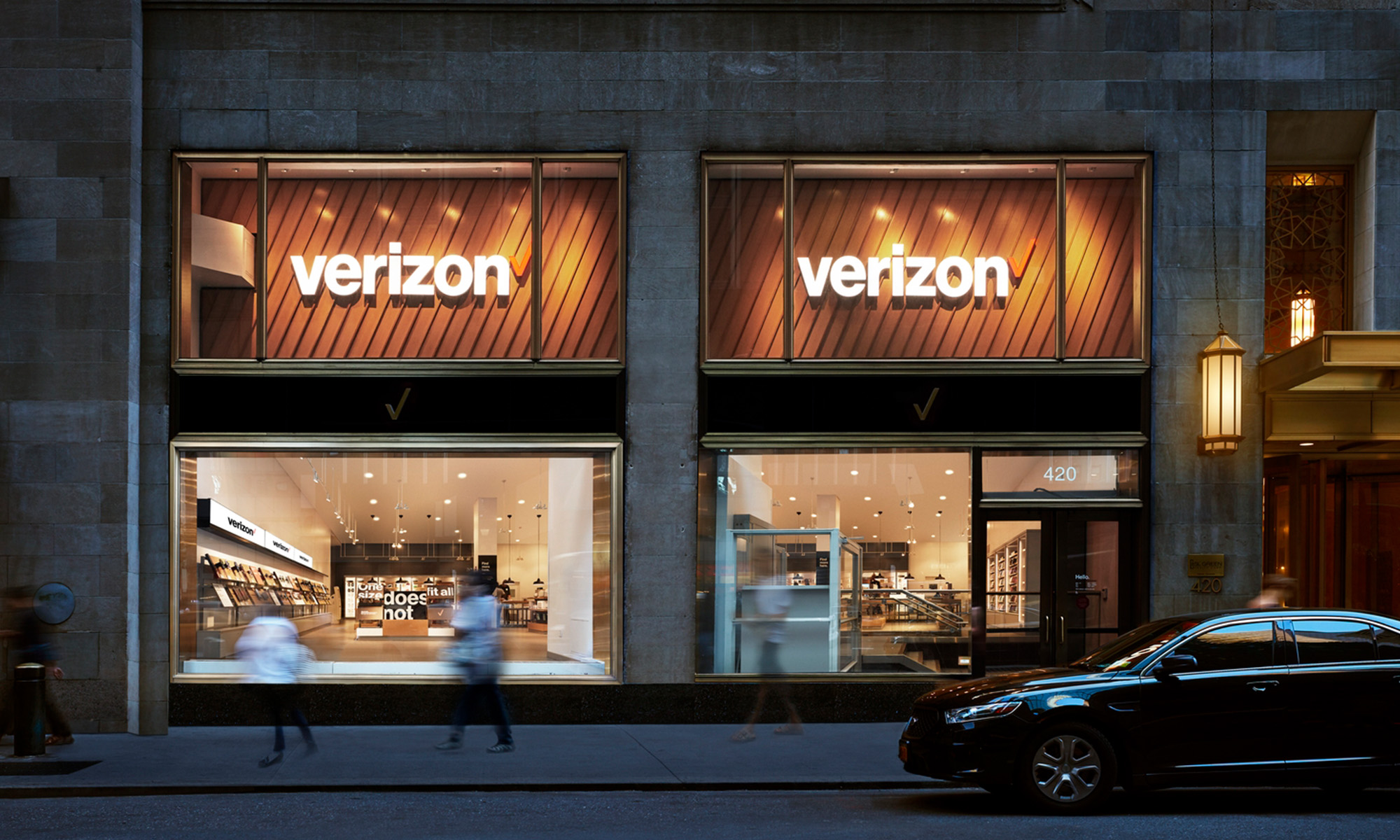At The Motley Fool, we poke plenty of fun at Wall Street analysts and their endless cycle of upgrades, downgrades, and "initiating coverage at neutral." So you might think we'd be the last people to give virtual ink to such "news." And we would be -- if that were all we were doing.
But in "This Just In," we don't simply tell you what the analysts said. We'll also show you whether they know what they're talking about. To help, we've enlisted Motley Fool CAPS, our tool for rating stocks and analysts alike. With CAPS, we track the long-term performance of Wall Street's best and brightest -- and its worst and sorriest, too.
And speaking of the best ...
When an analyst who once said he hated a stock suddenly stops, spins on a dime, and declares he loves it instead, you'd expect to see more of a reaction than a mere 2% uptick in price. Unfortunately, that's all Alcatel-Lucent (NYSE: ALU) shareholders got out of yesterday's upgrade from "underperform" to "buy" at Jefferies.
Predicting Alcatel will book "increased EVDO software sales into CDMA operators" Verizon (NYSE: VZ), Sprint Nextel (NYSE: S), US Cellular, and Leap Wireless this year, Jefferies asserted its peers on Wall Street are "underestimating the potential benefit" for Alcatel. In particular, Jefferies points out that EVDO upgrades will yield somewhere between 600 million and 700 million euros in revenues this year, a roughly 62% increase over 2009's sales. Even better, because these are software sales rather than hardware, you can assume they'll bring higher profit margins with them.
Hold up a sec. Who's EVDO? Any relation to Elmo?
Oh. Just to be clear, "EVDO" denotes "Evolution-Data Only," a 3G wireless telecommunications standard that builds on CDMA2000. As such, you can assume Verizon and Sprint are the two companies most likely to adopt it. As for AT&T (NYSE: T) and T-Mobile, they're pretty much attached to the GSM standard.
Now that we've got that out of the way, here's the upshot of the upgrade: Jefferies tripled its profit forecast for 2010 and double-octupled its forecast for 2011.
Let's go to the tape
Given these vastly improved profit expectations, you can almost call Jefferies "conservative" for only doubling its target share price on the stock, to $4.92. But is the analyst being conservative enough?
After all, it's not like Jefferies has the greatest record picking among Alcatel-Lucent's peers. To the contrary, over the four years we've been tracking this banker's performance on CAPS, Jefferies has shown itself twice as likely to be wrong about these kinds of companies, as right. Fewer than one-third of Jefferies' recommendations in the industry have outperformed the S&P 500 as predicted, and while its record has improved in recent years, its active picks continue to struggle:
|
Companies |
Jefferies Says |
CAPS Rating |
Jefferies's Picks Lagging |
|---|---|---|---|
| Ceragon Networks (Nasdaq: CRNT) | Outperform | ***** | 9 points |
| Ciena (Nasdaq: CIEN) | Underperform | *** | 16 points |
| Powerwave Tech (Nasdaq: PWAV) | Outperform | **** | 54 points |
To top it all off, when I dug into our data archives to see whether Jefferies had a record of past picks on Alcatel-Lucent in particular, what do you think I found? That's right -- a December 2008 recommendation panning the stock. A recommendation that underperformed the S&P 500 by a good 33 percentage points before Jefferies gave up the ghost.
So when Jefferies tells us that this time it knows what it's talking about, that this time it's right about Alcatel-Lucent ... well, color me skeptical. Jefferies may see in Alcatel a company poised to deliver its first annual profit in five years, and a company that will proceed to nearly triple that profit the next year. As for me, though, all I see in Alcatel is a company that has in fact:
- Burned $64 million in free cash flow over the past 12 months.
- Lost nearly $12 billion over the past five years.
- Posted negative earnings growth of worse than 31% per year over the past half-decade ...
... and that, according to the broad consensus on Wall Street, will grow its profit at just 5% per year over the next five years.
Foolish takeaway
Maybe Jefferies thinks this is good enough to make the stock a "buy." To this Fool, however, Alcatel-Lucent's prospects still look dim.








